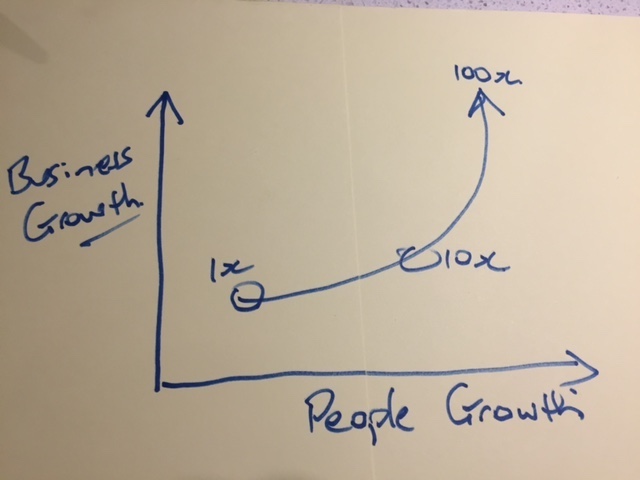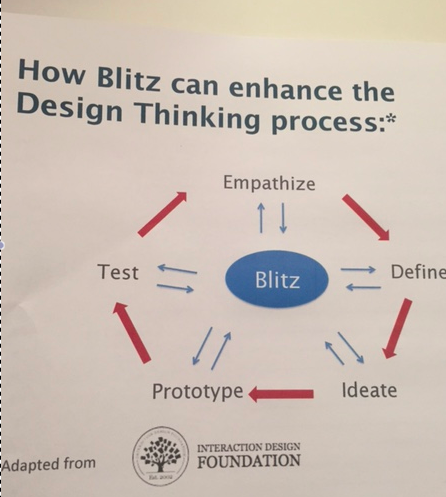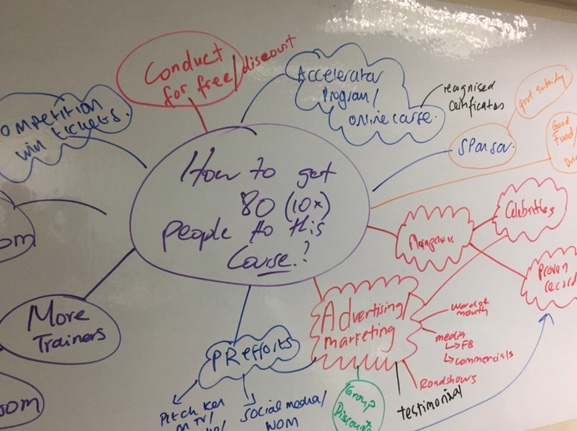
by Dr Ken Hudson | Jun 21, 2017 | Disruption, Disruptive Innovation, How to become a creative leader
1x to 10x to 100x! In the 100x Innovation system there are 3 types of innovation. I call these 1x, 10x and 100x. All 3 are interconnected and form a new, exponential innovation curve. I will discuss each of these in turn. 1x Innovation: These are the small, bite-size...

by Dr Ken Hudson | Jun 19, 2017 | Disruption, Disruptive Innovation, How to become a creative leader
It’s Exponential not Linear! Last Sunday I played soccer and it was a hard-fought game between two evenly matched teams. The scores were 1 all with about 10 minutes to go. Then we scored and before you knew it we had scored 3 more goals and the game finished at...

by Dr Ken Hudson | Apr 26, 2017 | Creative Thinking Techniques, Customer Experience, Disruption, How to accelerate idea generation, How to become a creative leader, How to run an awesome Brainstorming Session, Workshop Facilitator
Enhance & Accelerate your Design Thinking Process I am a great fan of Design Thinking. For those that are not familiar with this approach to problem solving or Innovation i will use the definition outlined by The Interaction Design Foundation: ‘Design...

by Dr Ken Hudson | Apr 19, 2017 | Creative Thinking Techniques, Employee Experience, How to run an awesome Brainstorming Session, Speed Thinking, Workshop Facilitator
How to generate awesome results & total engagement I am a big fan of Mindmapping. Developed by Tony Buzan it’s a quick, easy and visual way to generate ideas, organise material and summarise your notes. It’s one of my ‘go to’ creative...

by Dr Ken Hudson | Mar 20, 2017 | Creative Thinking Techniques, Disruption, How to become a creative leader, How to boost your productivity, How to run an awesome Brainstorming Session, Workshop Facilitator
Switch your Thinking! Is anyone a fan of UFC? (Ultimate Fighting Championship) I agree it’s not everyone’s cup of tea. But there is one aspect of the evolution of UFC fighting that we can all learn from. It’s this. In the early years there were...






